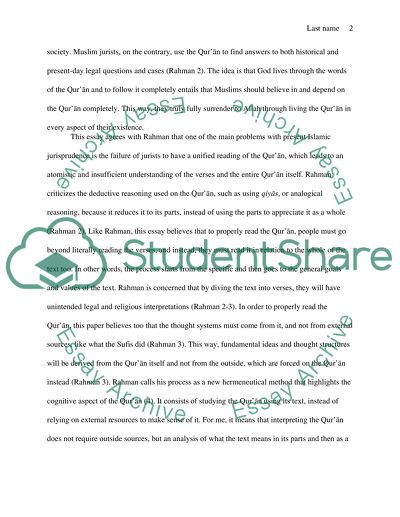Cite this document
(“A Reflection on the Qur'an, Heritage and Education Essay”, n.d.)
Retrieved from https://studentshare.org/religion-and-theology/1454846-reading-response
Retrieved from https://studentshare.org/religion-and-theology/1454846-reading-response
(A Reflection on the Qur'An, Heritage and Education Essay)
https://studentshare.org/religion-and-theology/1454846-reading-response.
https://studentshare.org/religion-and-theology/1454846-reading-response.
“A Reflection on the Qur'An, Heritage and Education Essay”, n.d. https://studentshare.org/religion-and-theology/1454846-reading-response.


